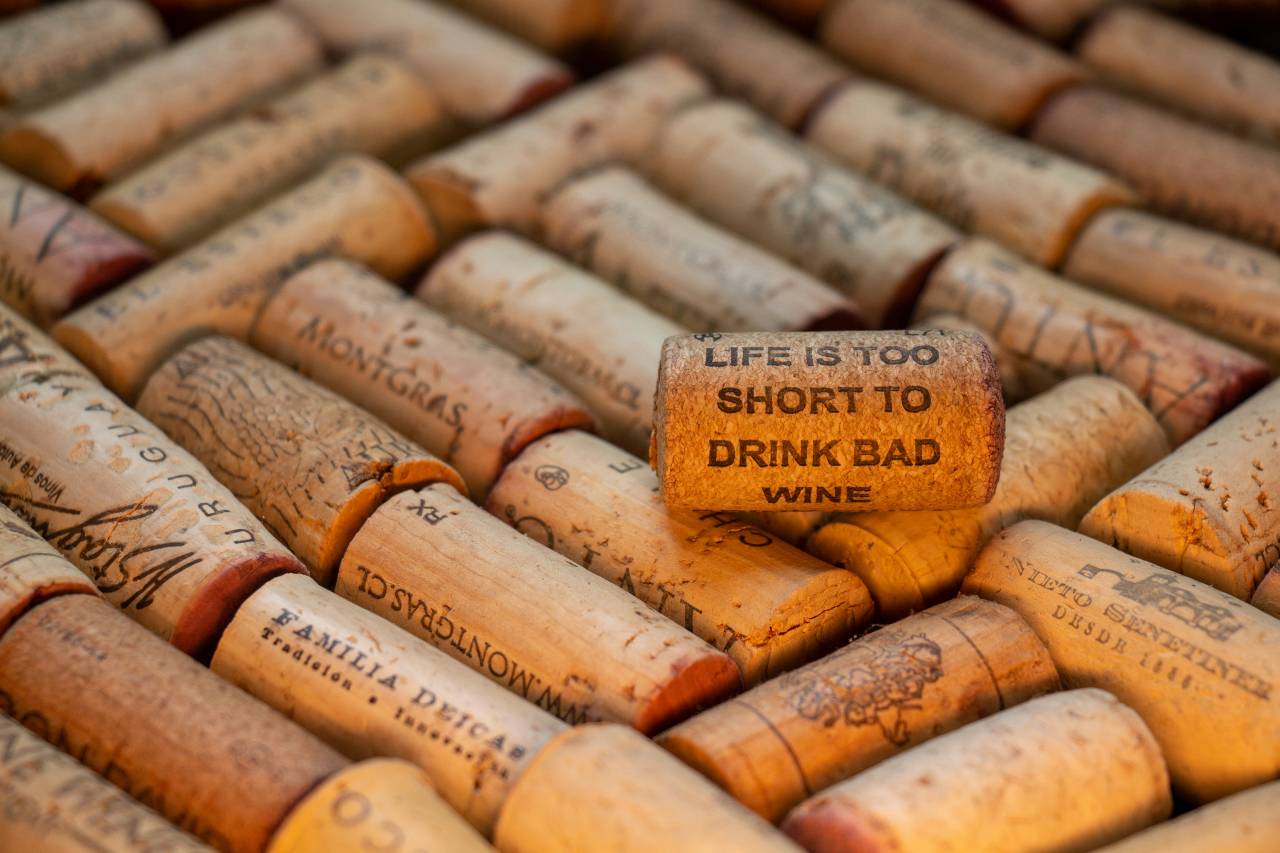In the telling of the wedding feast at Cana, we learn of a common practice of serving the good wine first, then the cheap stuff after people are drunk. There is a common wisdom to this, I suspect. I heard the same thing in college when people were pinching pennies, but still splurging on alcohol.
Perhaps we ought to blame the Protestant Work Ethic for this bias toward suffering. It makes a virtue, not just of work, conceptually, but of labor as its own form of virtuous good. Often to the exclusion of its negative impacts on justice, community, and the needs of individuals laboring under its ideals, which often amount to “work harder, not smarter.”
This story offers a twist to this dynamic, however. Jesus flips the script and makes a better wine after the host has run out of the stuff he’s offering his guests. Jesus makes the host look good because, in the midst of their joy, the guests have something greater to enjoy!
In our own penny-conscious culture, such generosity is unheard of, transgressive even. We so often want economic prudence to be virtuous, even to the point of enforcing suffering on the poor to show a supposed virtue there. But here, virtue is shown in generosity, in offering people more than they need, without fear of running out.
